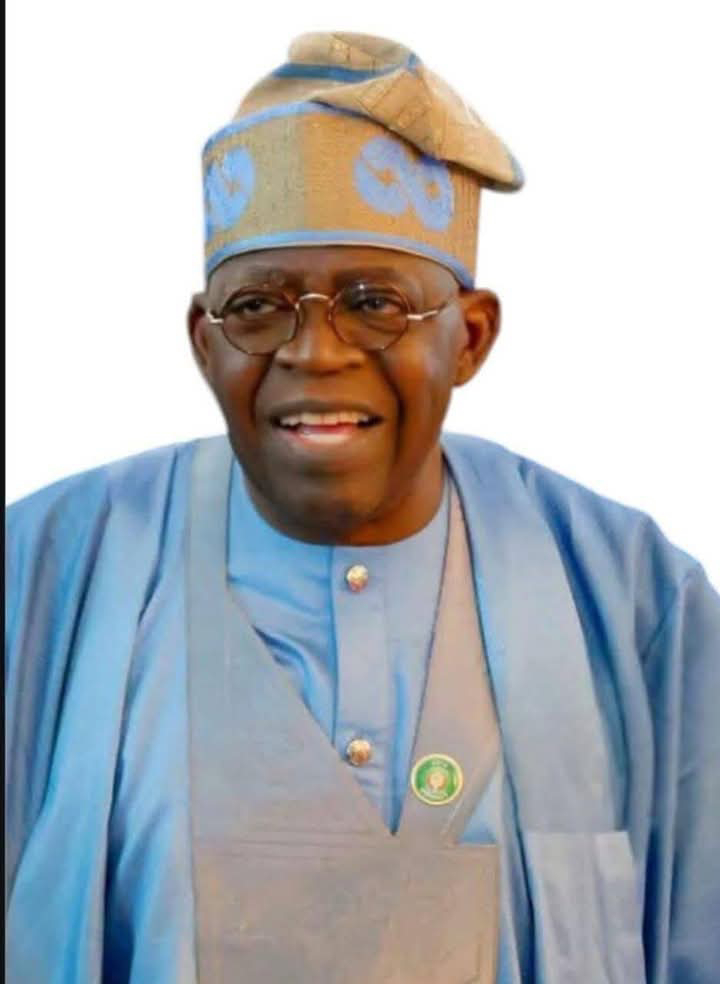The Nigerian Senate has approved President Bola Tinubu’s external borrowing plan totaling over $21 billion for the 2025–2026 fiscal cycle, clearing the path for full implementation of the 2025 national budget.
The approved borrowing includes $21.19 billion in foreign loans, €4 billion, ¥15 billion, a $65 million grant, and ₦757 billion in domestic bonds. An additional $2 billion is to be raised through a foreign-currency-denominated instrument in the local market.
Chairman of the Senate Committee on Local and Foreign Debt, Senator Aliyu Wamako, said the loan request—first submitted on May 27—was delayed by legislative recess and documentation issues. Senator Olamilekan Adeola, Chair of the Appropriations Committee, confirmed the loans had been integrated into the 2025 budget and Medium-Term Expenditure Framework.
“This approval secures all revenue sources needed to fund the 2025 budget,” Adeola stated.
While many lawmakers backed the move, concerns over transparency and equitable distribution were raised. Senator Abdul Ningi (Bauchi Central) urged clarity: “We must tell Nigerians how much is being borrowed and for what.”
Defending the plan, Senator Sani Musa said, “No economy grows without borrowing. This aligns with global best practices.” Senator Adetokunbo Abiru added that the loans are concessional, tied to capital and human development, and compliant with fiscal regulations.
The loan targets key sectors such as infrastructure, power, agriculture, housing, digital connectivity, and security. A notable highlight is the $3 billion allocated for the rehabilitation of the Eastern Rail Corridor, linking Port Harcourt to Maiduguri.
“This is the first time we are seeing such commitment to the eastern rail line,” said Senator Victor Umeh (Anambra Central), expressing strong support.
Deputy Senate President Jibrin Barau commended the inclusivity of the plan, saying, “No region is left out. This reflects the spirit of the Renewed Hope Agenda.”
The Senate emphasized that all borrowed funds must be strictly used for capital projects and managed in line with public finance laws.













